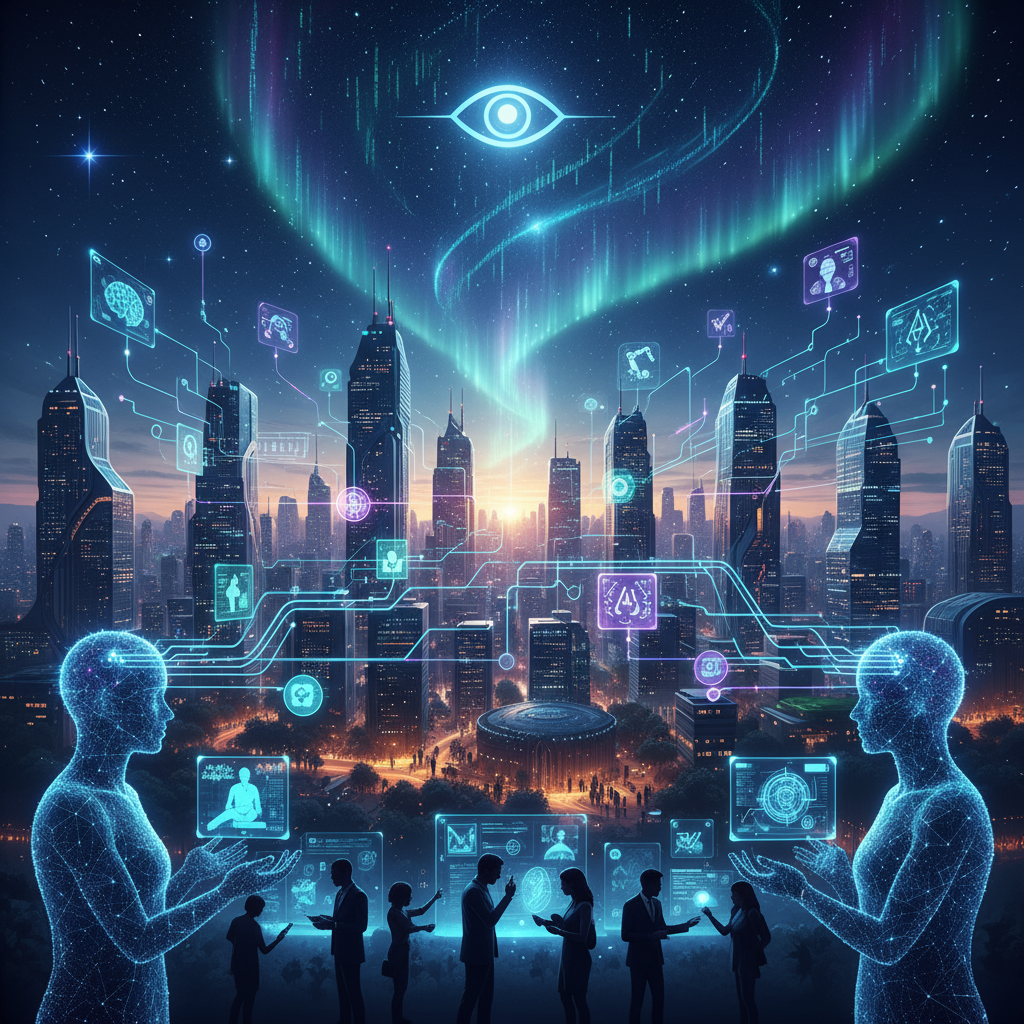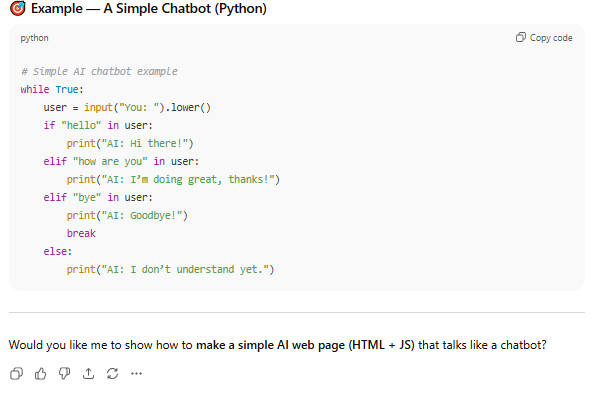
Artificial Intelligence, often abbreviated as AI, is one of the most transformative technologies of our time. But what exactly is artificial intelligence? In simple terms, AI is the science and engineering of creating machines and software that can perform tasks typically requiring human intelligence. These tasks include reasoning, learning, problem-solving, understanding natural language, recognizing patterns, and even perceiving the environment.
The Basics of Artificial Intelligence
At its core, AI aims to mimic human cognitive functions. By enabling machines to process and analyze vast amounts of data, AI systems learn to perform complex tasks more efficiently and accurately than traditional programming methods would allow. Unlike traditional software, where exact instructions dictate behavior, AI adapts by learning from its experiences.
Types of Artificial Intelligence
AI is often categorized based on its capabilities:
- Narrow AI (Weak AI): These are systems designed for specific tasks, such as speech recognition, image classification, or recommendation engines. They do not possess consciousness or genuine intelligence but perform within tightly defined parameters.
- Artificial General Intelligence (AGI): This represents machines with the ability to understand, learn, and apply intelligence in a way indistinguishable from humans. AGI is a theoretical goal and has not yet been achieved.
- Superintelligent AI: A speculative stage where AI surpasses human intelligence across all fields.
How AI Works
AI technologies rely on models and algorithms to process data. A significant part of AI’s success comes from machine learning, where systems improve their performance by identifying patterns in data without being explicitly programmed. Deep learning, a subset of machine learning, uses neural networks inspired by the human brain to handle more complex tasks like image and speech recognition.
Applications of AI Today
AI is already integrated into many aspects of daily life and business:
- Virtual assistants like Siri and Alexa.
- Personalized recommendations on platforms like Netflix and Amazon.
- Fraud detection in banking systems.
- Autonomous vehicles and robotics.
- Medical diagnostics and drug discovery.
The Future of AI
AI continues to advance rapidly, promising improvements in healthcare, education, transportation, and more. However, it also raises important ethical questions about privacy, bias, and job displacement, which society must address.
Conclusion
Artificial Intelligence is not just a buzzword but a powerful tool reshaping how we live and work. Understanding what AI is and how it operates is essential as it becomes an integral part of our world.


